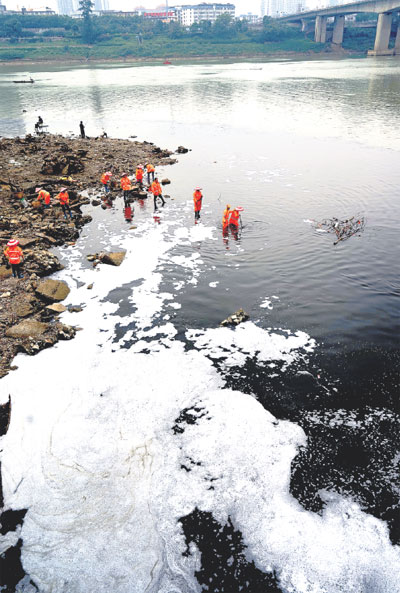People-power plan to make China's lakes superior
Updated: 2015-05-12 07:42
By Xu Wei(China Daily)
|
||||||||
|
Workers clean an area near a sewage outlet in Nanning in the Guangxi Zhuang autonomous region. Tang Huiji / for China Daily |
Local authorities are encouraging greater public participation and private-public partnerships in efforts to control water pollution. Xu Wei reports from Wuhan and Xi'an.
With 166 lakes dotted throughout the urban and suburban areas of Wuhan, the capital of Hubei province, the local authorities face an uphill struggle to protect them from pollution and illegal land reclamation. In recent decades, large real estate developments have destroyed many of the city's lakes, especially in the urban area, where the number fell to 28 in 2012 from 127 in the 1950s.
In addition to the lost lakes, water pollution has become an equally troubling problem. In its 2014 yearly report, published in March, the Wuhan Environmental Protection Bureau said that just three of the 87 monitored lakes across the city met the national quality standard for drinking water, while only six were safe to swim in, and the water quality had fallen in 16 others.
Faced with a grim battle to protect the lakes, the Wuhan government has employed a radical solution and turned to local residents for assistance. In 2010, the government began encouraging members of the public to become "grassroots lake guardians", and also partnered with non-government organizations that provide information about pollution sources and advise officials about the best ways to control its spread.
"It would be 'mission impossible' for the authorities to keep close tabs on such a large number of lakes and such a huge volume of water. That's why we must play our part," said Ke Zhiqiang, head of Green Jiangcheng, an environmental NGO that's been organizing regular residents' patrols of Wuhan's lakes since 2009.
"Now, thousands of volunteers gather on weekends to identify sources of pollution and illegal reclamation activities. We are responsible for unearthing the problems and collecting evidence. When that's done, we present the evidence to the authorities. If we feel they are unable to tackle the problems quickly enough, or they lack the resources to do so, we publicize our findings via traditional and social media," Ke said.
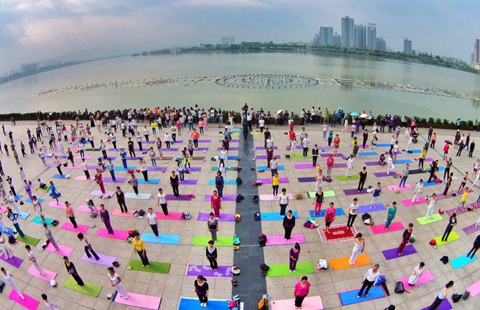
 Ten photos you don't wanna miss - May 12
Ten photos you don't wanna miss - May 12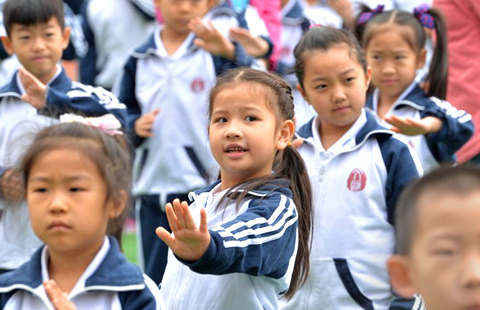
 Students demonstrate new official anti-smoking gestures
Students demonstrate new official anti-smoking gestures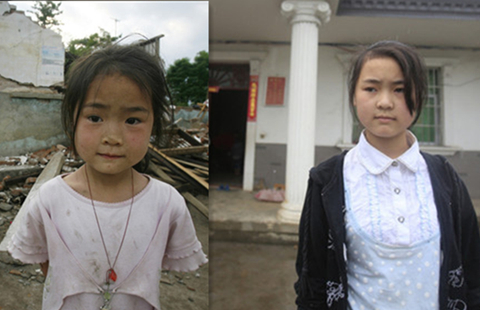
 Wenchuan earthquake: Seven years on
Wenchuan earthquake: Seven years on
 Ten photos you don't wanna miss - May 11
Ten photos you don't wanna miss - May 11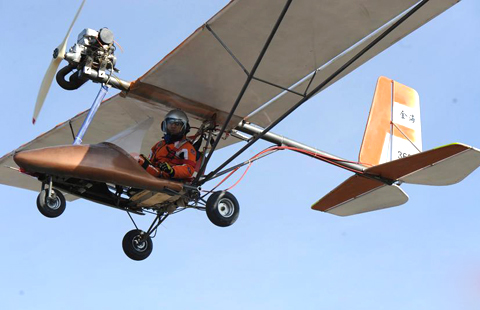
 Man successfully flies homemade plane
Man successfully flies homemade plane
 Beautiful images capture amazing Tibet
Beautiful images capture amazing Tibet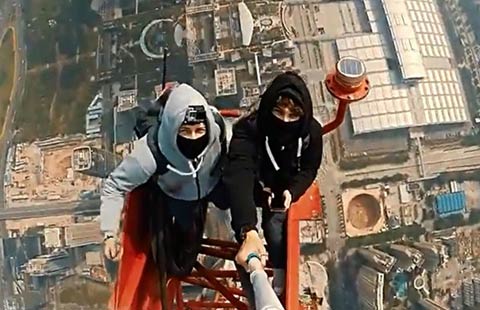
 Russian daredevils scale Ping An building
Russian daredevils scale Ping An building
 Super fit mother works out with her three children
Super fit mother works out with her three children
Most Viewed
Editor's Picks

|

|

|

|

|

|
Today's Top News
China, Belarus to boost relations at local level
French president calls for end to US embargo on Cuba
Cook says Apple in talks with Alibaba over Apple Pay in China
China urges Pentagon to 'rationally' view military strength
Japan should issue apology to Asian states, ex-PM says
Apple's Tim Cook debuts on Weibo with 200,000 followers
Saudi king to skip US-Gulf summit
US university teaches culture of selfies
US Weekly

|

|
